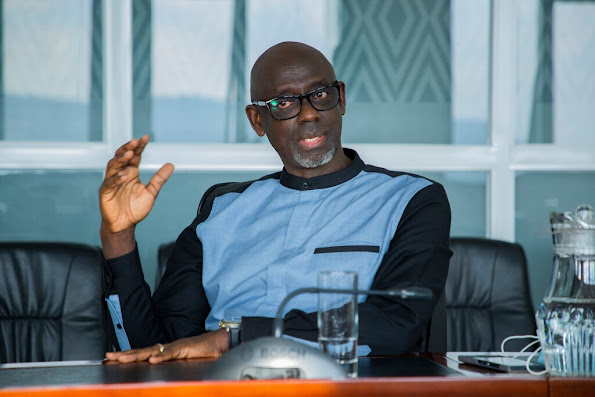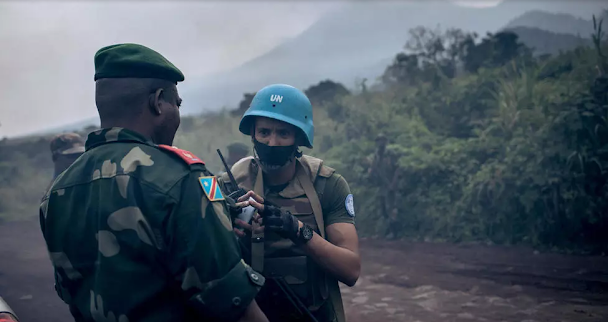US Secretary of State Antony Blinken called Saturday for the
withdrawal of Eritrean and Ethiopian regional forces from the Tigray region of
Ethiopia, and an end to killings and human rights violations there.
His call came a day after investigations by CNN and Amnesty International into the massacre of civilians in
two separate assaults in the northern Tigray region late last year.
Thousands of civilians are believed to have been killed
since Ethiopian Prime Minister Abiy Ahmed launched a military operation against
leaders in the Tigray region. CNN has previously reported that soldiers from
neighboring Eritrea have perpetuated many of the extrajudicial killings,
assaults and human rights abuses in the Tigray region.
"The United States is gravely concerned by reported
atrocities and the overall deteriorating situation in the Tigray region of
Ethiopia," Blinken said in a statement Saturday.
Eyewitnesses told CNN that a group of Eritrean soldiers
opened fire on Maryam Dengelat church in Dengelat village, eastern Tigray, on
November 30 while hundreds of congregants were celebrating mass. Dozens of
people died over three days of mayhem, with soldiers slaughtering local
residents, displaced people and pilgrims, they said.
Ethiopia responded to CNN's request for comment with a
statement that did not directly address the attack in Dengelat. Eritrea has yet
to respond to a CNN request for comment.
Amnesty International charged in a report Friday that
Eritrean forces killed hundreds of unarmed civilians in the city of Axum in
November through indiscriminate shelling and shooting and extrajudicial
killings, in what the human rights organization said could amount to a crime
against humanity.
Members of the Amhara Special Forces keep guard at the 5th Battalion of the Northern Command of the Ethiopian Army in Dansha, Ethiopia, on November 25, 2020.
In his statement, Blinken recognized the Ethiopian Prime
Minister's commitment to allow humanitarian aid to the region, adding:
"The international community needs to work collectively to ensure that
these commitments are realized.
"The immediate withdrawal of Eritrean forces and Amhara
regional forces from Tigray are essential first steps," Blinken said,
referring to forces from Ethiopia's Amhara state, which neighbors Tigray.
"They should be accompanied by unilateral declarations of cessation of
hostilities by all parties to the conflict and a commitment to permit unhindered
delivery of assistance to those in Tigray."
Blinken said the US was committed to working with the
international community to achieve these goals and that the US Agency for
International Development would send a disaster assistance response team to
Ethiopia.
"We ask international partners, especially the African
Union and regional partners, to work with us to address the crisis in Tigray,
including through action at the UN and other relevant bodies," he added.
After seizing control of Tigray's main cities in late
November, Abiy declared victory and maintained that no civilians were harmed in
the offensive. Abiy has also denied that soldiers from Eritrea crossed into
Tigray to support Ethiopian forces.






























